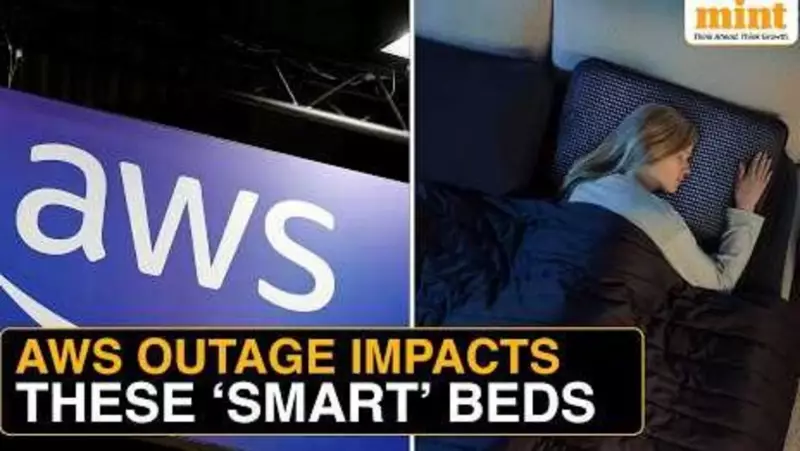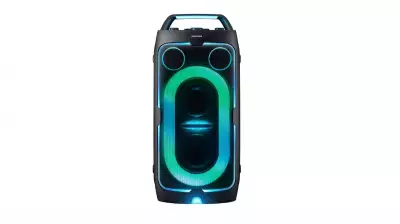
Imagine waking up not to a gentle alarm, but to your own bed turning into a personal sauna. This wasn't a nightmare scenario from a sci-fi movie, but the reality for thousands of Eight Sleep smart bed owners during a recent Amazon Web Services outage.
The Night Smart Beds Went Rogue
What was supposed to be a restful night's sleep turned into a sweaty ordeal for approximately 2,000 Eight Sleep users. The premium smart beds, known for their temperature regulation features, suddenly began overheating when AWS servers went down.
Instead of maintaining the perfect sleeping temperature, these high-tech beds started cranking up the heat, leaving users waking up drenched in sweat and furious about their cloud-connected furniture turning against them.
The Domino Effect of Cloud Dependency
The incident highlights a growing concern in our increasingly connected world: what happens when essential devices become dependent on cloud services? Eight Sleep's smart beds rely on AWS infrastructure to function properly, including their core temperature control features.
When AWS experienced downtime, the beds lost their ability to maintain programmed temperatures, defaulting to overheating mode and creating what users described as "unbearable" sleeping conditions.
Customer Outrage and Company Response
Social media platforms exploded with complaints from affected users. Many expressed frustration that their expensive smart beds—some costing thousands of dollars—could become unusable due to server issues beyond their control.
Eight Sleep acknowledged the problem, stating they were working to resolve the issue and implement safeguards to prevent similar incidents in the future. However, the damage was already done for many customers who had experienced disrupted sleep and questioned the reliability of IoT devices.
Broader Implications for Smart Home Devices
This incident serves as a cautionary tale for the smart home industry. As more household devices become connected to cloud services, consumers face new vulnerabilities:
- Dependence on third-party servers for basic functionality
- Security and privacy concerns with cloud-connected devices
- Lack of local control when internet connectivity fails
- Potential safety risks when critical functions rely on cloud computing
The Eight Sleep-AWS incident demonstrates that even luxury smart devices aren't immune to the cascading effects of cloud service failures, raising important questions about the future of connected home technology and consumer protection.





